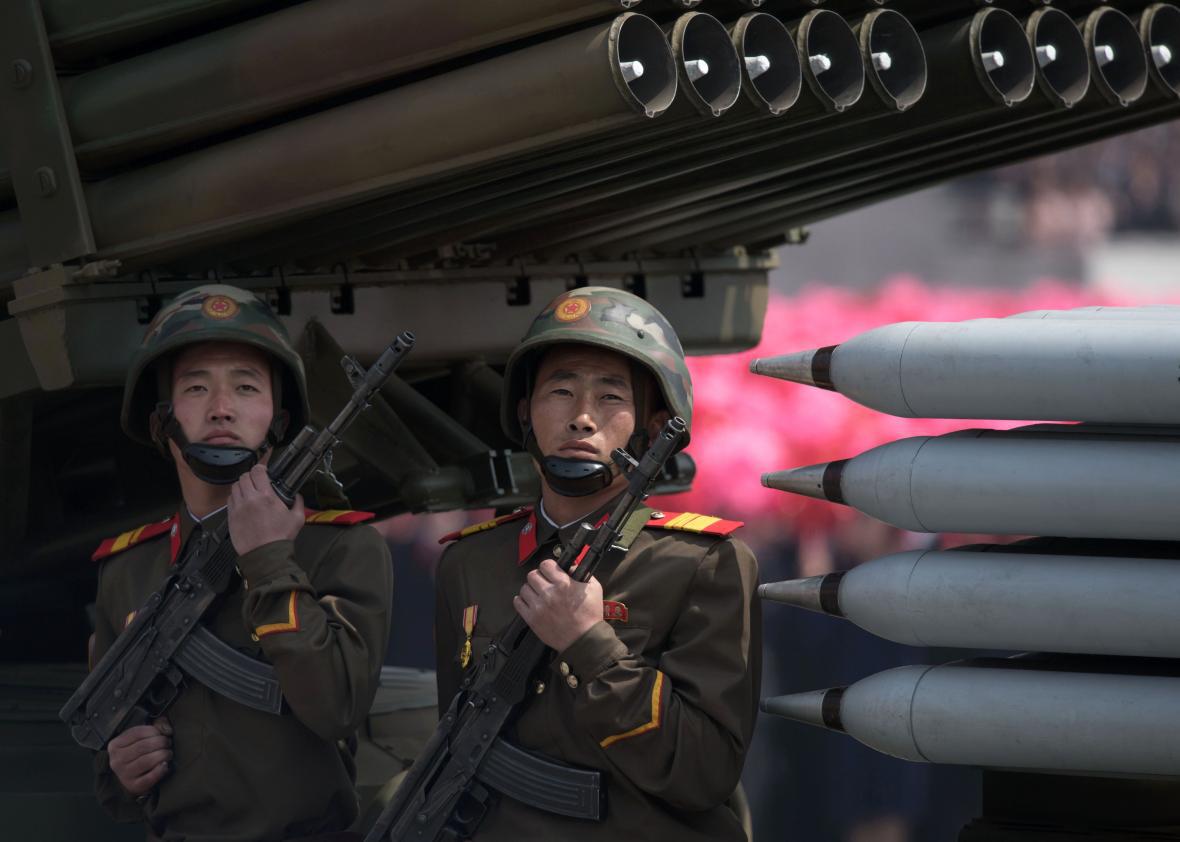Pyongyang tried to show it was immune to global pressure to curb its nuclear and ballistic missile programs by firing another missile on Saturday. But it exploded quickly after being launched, marking the third failed test of this month. Still, coming at a time of renewed international pressure on North Korea, the test was another sign of how totalitarian ruler Kim Jong Un is determined to make progress on his weapons programs regardless of what other countries may say.
The launch came mere hours after Secretary of State Rex Tillerson warned that global action is needed to curb Pyongyang’s ambitions because “failing to act now on the most pressing security issue in the world may bring catastrophic consequences.”
President Trump took to Twitter shortly after the failed launch to specifically note how it was an affront to Beijing, part of his continuing effort to get China to use its leverage against North Korea’s weapons programs. “North Korea disrespected the wishes of China & its highly respected President when it launched, though unsuccessfully, a missile today. Bad!,” he tweeted.
China’s Foreign Minister Wang Yi had earlier told the U.N. meeting it was a mistake to expect Beijing to act alone against North Korea. “The key to solving the nuclear issue on the peninsula does not lie in the hands of the Chinese side,” Wang said.
The latest string of missile launch failures are deeply embarrassing for Kim at a time when he is trying to show that his country can face off against American warships. But analysts warned it would be misguided to be comforted by these failures, because the threat is very real. “This test may have failed, but Kim Jong Un’s overall missile test record is 58 successful flight tests and 17 failures,” Shea Cotton of the James Martin Center for Nonproliferation tells the Washington Post.
